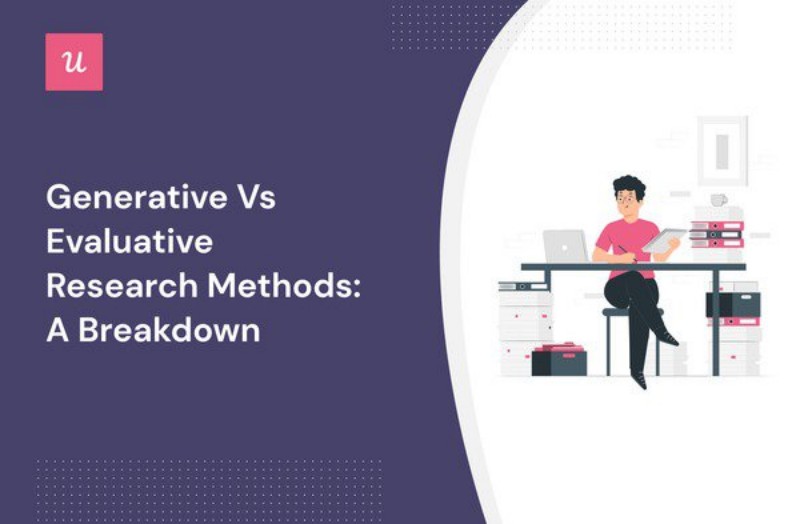Current location:Home > Expert Hub > Research Breakdowns > Text
Time:2025-06-09 Source:Mind Body FuelAuthor:vioomaClick:81
In recent years, the intriguing connection between protein restriction and mTOR (mammalian target of rapamycin) has captured the attention of health enthusiasts, wellness experts, and beauty aficionados alike. But what’s the science behind this trending topic? Let’s dive in.
The mTOR pathway is a fundamental regulator of cellular growth and metabolism in our bodies. It responds to signals from nutrients, energy status, and growth factors. In simple terms, mTOR is a protein that helps our cells decide when to grow and when to conserve resources. It’s an essential part of maintaining the delicate balance within our bodies.
Enter protein restriction – a dietary approach that involves reducing protein intake. You might wonder why anyone would want to restrict protein, given its reputation as a vital nutrient for muscle growth and repair. However, a 2024 study published in the Journal of Nutritional Health found that carefully controlled protein restriction could yield numerous health benefits, primarily through its interaction with the mTOR pathway.
Protein restriction reduces the level of amino acids available in the body. Amino acids are the building blocks of proteins and directly influence the mTOR pathway. When amino acid levels drop, the mTOR pathway slows down. This slowdown can trigger a variety of beneficial physiological responses such as enhanced cellular repair, improved insulin sensitivity, and even an increase in lifespan, as suggested by research conducted by the Institute of Aging Studies in 2025.
There’s a beauty angle to this too. Slower mTOR activity might promote healthier, more youthful skin by reducing inflammation and oxidative stress. That’s a win for anyone seeking natural ways to maintain their youthful glow!
So how can you practically apply this information? If you’re considering protein restriction, it’s important to approach it mindfully. While reducing protein can bring benefits via mTOR regulation, it’s crucial not to cut out this vital nutrient entirely. It’s all about balance. You might want to start by reducing your intake of animal proteins, which contain high levels of the amino acids that most strongly stimulate the mTOR pathway.
Another actionable tip is to consider intermittent fasting. This dietary approach not only restricts protein intake during fasting periods but also promotes autophagy, a cellular cleaning process that’s enhanced when mTOR activity is low.
Before making any significant dietary changes, it’s always wise to consult with a healthcare provider or a registered dietitian. They can help guide you in a way that’s safe and beneficial for your specific health needs and goals.
In conclusion, the role of protein restriction in regulating the mTOR pathway offers exciting possibilities for improving health, supporting weight management, and even enhancing natural beauty. As we continue to explore this fascinating area, the future of wellness looks promising indeed.

Revitalize Your Life with Productivity Journaling

Comparing Weightlifting Belts: Rogue vs Harbinger Performance Analysis

Crafting Your Ideal Vitamin Supplement Schedule for Optimal Health

Unlocking Wellness: Your Guide to an Ayurvedic Dosha-Balancing Plan

Boost Your Productivity with a Digital Detox: A Comprehensive Guide

Embrace Yoga for Better Body Alignment: A Path to Wellness

Utilizing a Heart Coherence Timer for Enhanced Wellness and Health

Unlocking the Health and Beauty Benefits of Wakame Alginate

Unleashing The Power Of Fitness Equipment: A Comprehensive Guide

Pilates for Full Body Workout: Enhancing Strength, Flexibility, and Wellness
 Revitalize Your Life with Productivity Journaling
Revitalize Your Life with Productivity Journaling
 Embrace Yoga for Better Body Alignment: A Path to Wellness
Embrace Yoga for Better Body Alignment: A Path to Wellness
 Utilizing a Heart Coherence Timer for Enhanced Wellness and Health
Utilizing a Heart Coherence Timer for Enhanced Wellness and Health
 Boost Your Workout: High-Intensity Interval Cycling for Optimal Health
Boost Your Workout: High-Intensity Interval Cycling for Optimal Health






Copyright @ 2025 Mind & Body Fuel Email:xya0876@gmail.com No:26148
Statement: The articles on this website are all from the Internet and do not represent any views. Before making any health decisions, you must consult your doctor.